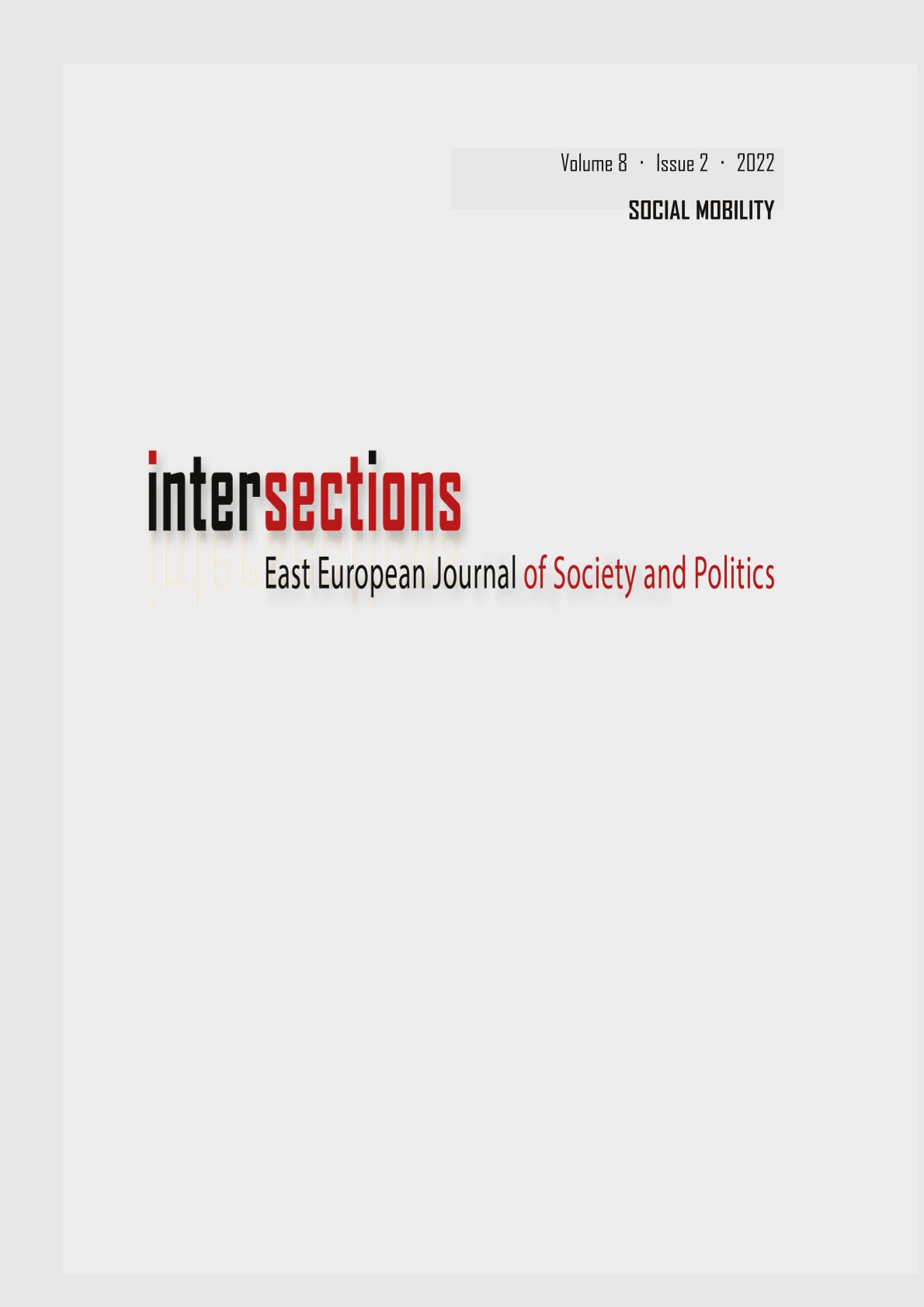Parental determinants of subjective child well-being in Hungary
Parental determinants of subjective child well-being in Hungary
Author(s): Péter Róbert, Nikolett Geszler, Beáta NagySubject(s): Family and social welfare
Published by: MTA Társadalomtudományi Kutatóközpont Kisebbsegkutató Intézet
Keywords: social mobility; subjective well-being; satisfaction; intergenerational inheritance; family relations
Summary/Abstract: The paper extends the scope of social mobility research to family processes and family cohesion. The analysis aims to detect how various objective and subjective parental features influence subjective well-being (SWB) of adolescents in a dataset of 852 Hungarian families with 12–16-year-old children. SWB was operationalized by 14 comparable items on satisfaction with different domains of life, for both generations. The dependent variable is an aggregate SWB index, based on adolescents’ evaluations and OLS regression method is applied to uncover the association between parental well-being and children’s satisfaction. For a better understanding of this intergenerational process, we also control for parental education and material situation. The statistical model reflects gender, age and regional variation, as well. Results reveal a strong relationship between children’s and parents’ subjective well-being. Parental satisfaction with life and family- and work relations particularly affect offspring’s aggregate well-being. Material situation in the family matters more than parental education in the whole process. There is more variation in the results by the age of the adolescents than by gender. Findings reflect the importance of familial aspects and call attention to the relevance of soft, less intentional forms of status transmission.
Journal: Intersections. East European Journal of Society and Politics
- Issue Year: 8/2022
- Issue No: 2
- Page Range: 156-174
- Page Count: 19
- Language: English

